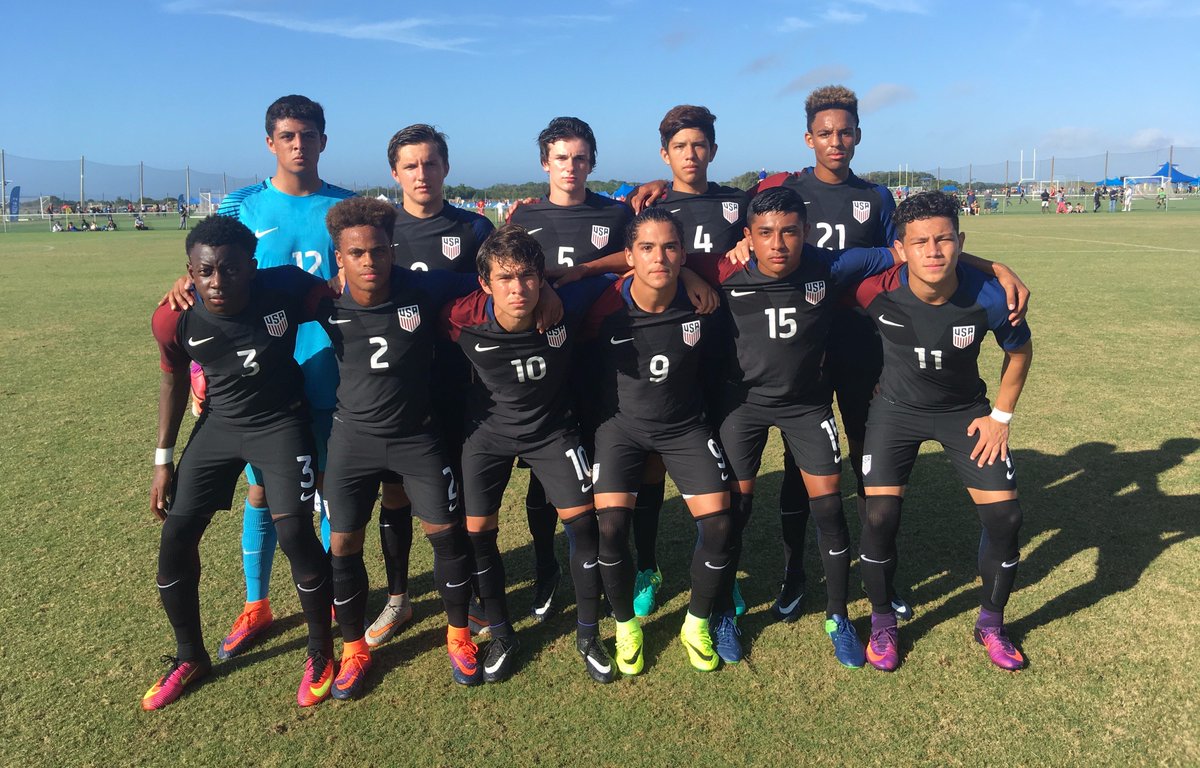
Prompt Images
The United States’ Men’s National Team’s (USMNT) catastrophic loss to Trinidad and Tobago looks even more appalling when you consider the relative size of the two nations.
A simple tie between a nation of 320 million people and one of 3.2 million would have put the USMNT back into the World Cup. Instead, our nation stares down its first absence from soccer’s biggest global stage since 1986.
However, the size and resources of a country are certainly not the only things that assure qualification for the World Cup. Take Iceland, with their population of just .3 million (yes, one-third of a million), who qualified this year!
America. What are we doing wrong?
As soon as the U.S. lost, the pundits went berserk, livid both at the incompetence of the U.S. team and the way soccer is developed in this country.
Beyond leadership, players, or coaching, many argue it’s actually the “pay-to-play” system that has developed in youth sports as the true limiting factor. This “pay-to-play” system makes reaching the highest levels of youth sports—and particularly soccer—less about pure talent and more about a player’s talent PLUS his/her parents’ ability to pay upwards of $4,000 a year for “club-level” sports, spending weekends driving from showcase tournament to showcase tournament. Thus, lower income communities have been left out of the soccer boom in the 90s and 2000s.
Soccer, which has become the most played youth sport in the country, is still largely largely a white, wealthy, and suburban sport.
So, is “pay-to-play” the problem?
If it is, how would you define success? Do you think losing or winning to Trinidad and Tobago, and qualifying for the World Cup is what matters? If so, a fix seems straightforward: Do a better job identifying talent early, regardless of income, and put that talent in the best soccer academies in the country.
In sum, we should be focused on the most talented 1 percent, not the richest.
But what if we defined success differently?
The Sports-Based Youth Development field is dedicated to giving youth, regardless of income or talent, a chance to play. Do only talented kids deserve quality coach-mentors? Do only wealthy ones? As a country, are we only providing safe places and opportunities to play in every neighborhood because the next LeBron James may choose to play soccer? Are we so outcomes-driven that our only goal is to find the stars who will vault the USMNT to World Cup glory? Or do the other kids in that neighborhood also deserve a chance to play?
Sports, when taught well, teach youth how to be strong, kind, and generous through a medium they love. It teaches them to be leaders and how to be humble. It keeps kids active, healthy, and occupied when the alternatives are often terrifying. It puts them in contact with caring adults and teammates, making them more likely to stay in school and graduate.
Do we only want those outcomes for our most talented kids? Only our wealthy ones?
Or maybe there is some benefit—not just to U.S. Soccer, but to society at-large—in thinking about our goals differently. In raising all boats. In finding not just the next LeBron James, but also the next Barack Obama, Sheryl Sandberg, or Elon Musk.
So, how will you define success? Will beating Trinidad and Tobago in 4 years be enough? Or is success millions more kids on teams, participating in games they love, growing up healthy and strong?
I’d prefer the latter. What about you?



